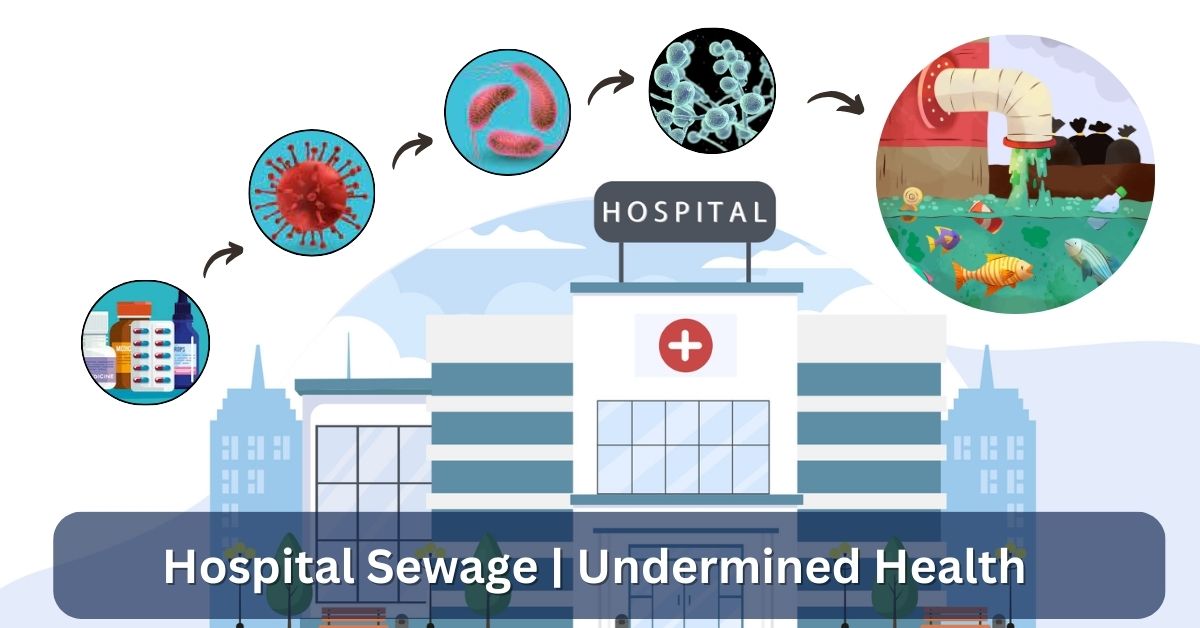India: Vision 2047 hinges on P.A.C.E.

Date: AUGUST 5, 2024 | Author: DR AVINASH KADAM (Ph. D, IIT Bombay)(MD at Sugam Paryavaran Vikalp Pvt Ltd)
How political leaders sets their priorities determines the fate of the nations!!!!!
In developing countries, there is always dilemma for PACE (Pollution, Agriculture, Community health & primary Education) or IID (Infrastructure, Industry & Defense) but more emphasis is given for I.I.D. Countries like India, spending more on IID that is being labelled as engine for development. In India, Think Tank of policy makers are mostly elite class bureaucrats. Politicians are often relied heavily on these bureaucrats for policy making. Lacuna is that no true feedback of the welfare index of its policies down the line.
PACE stand for Pollution, Agriculture, Community health and Education which is primary pillars for growth are often neglected. There is callous approach by both politicians as well bureaucrats to PACE. A true aspiring nation would strike balance between PACE & IID; means shall give considerable weightage to PACE also.
Water Pollution
Pollution is killing current generations and has become threat to future generation’s-survival and productivity. One classical example is callous approach for water pollution by Municipal Council and Corporations. There is no accountability on account of political power houses as well bureaucrats. In 2020, India reported an estimated 1.39 million cases of cancer which rose to 1.42 million and 1.46 million in the years 2021 and 2022, respectively. Studies have estimated a 12.8% increase in the number of annual cancer cases by the year 2025, which would be around 1.57 million. As per the statistics of 2023, five of the most common forms of cancer in India are as follows: Lung Cancer, Colorectal Cancer, Breast Cancer, Pancreatic Cancer & Stomach Cancer. Most undermine factor for increase in CANCER cases in India is water pollutions of water bodies. Innocent civilians are falling prey to it. Mere allocating budget for sewage treatment is not is not sufficient; accountability for utilization of this money to its logical result has to be fixed. Financial and bureaucratic institutions must acknowledge the importance of environmental aspect.
Agriculture Sector
Agriculture in India is the most unorganized and under privilege sector. Studies show that Indian farmers have been short-changed by Rs 45 lakh crore of income during 2000-2016 due to complex market regulations and restrictive trade policies and that credit flows to agriculture is being used for non-agricultural purposes. When it comes to reviving economic growth, agriculture is often ignored. A good example is the flurry of recent policy announcements - cut in corporate tax, bank mergers, recapitalization of banks, cut in the GST, higher depreciation on vehicles etc. There is very little for agriculture, at least directly, in these announcements. To secure food security shall be the prime objective of any government and farmers who secures it must be protected. Farming is considered to be unskilled job in terms of policy. Because large population is dependent on farming for survival, it has become a precarious situation. A large section of members of society are unsecured and leading to economic disparities among society. Rather eliminating the disparity, whole sector is being eliminated. Reforms in agricultural sector has become the conflicting threshold in recent times. Neither government can immune/support by means of MSP / pay them minimum support salaries nor it can generate alternate jobs for so much population. As the farming in India is mostly dependent on good monsoon, the fate of farming community is uncertain and prone to catastrophic incidents. CSR initiatives must go beyond health and education to farmer’s need. Support to small farmer societies in terms of basic infrastructure like cold storage, transportation, poly house etc, Insurance schemes for farmers and their crops shall be on priority basis.
Health Sector
India has 2 major problems in health sector – malnutrition and communicable diseases. There is also rise in Non communicable diseases. India being the most populous country in the world now, has the highest number of patients suffering from chronic diseases. Some of the major health issues among Indian populations are – Diabetes, Cardio Vascular diseases, Hypertension, Chronic respiratory diseases, Cancer, Chronic kidney diseases, Reproductive health issues, mental health issues and obesity. Malnutrition, neonatal disorders, infectious diseases like diarrhea, measles, tuberculosis etc. and poor healthcare infrastructure are some common community health problems in rural India and low-income groups. Various measures initiated in this sector by the government are welcome steps but still there is long way to go. Community health is the prime responsibility of any government in power. There has to be fix but justifiable expenditure on community health and education. Each sector needs major reforms.
Primary Education Sector
Old education policies have not yielded the expected result. Primary education must be lucrative job for teachers in public as well private schools. Quantity teachers at primary level is one of the neglected aspects. Unfortunately, the primary teachers in private schools are worst paid. There has to be strict qualification criteria for primary teacher. Children at the tender age of three years are sent to school for nursery or LKG classes, carrying a heavy burden of books, and forced to sit long hours in schools. They are subjected to rote learning and forced after school hours to study/write homework for two-three hours. Child psychology must be included in the teachers training curriculums. There has to be mandatory refresher courses for all primary teachers. All primary teacher from public / private school must be paid satisfactorily and must be monitored by Government Education Department. A guideline regarding their wages, educations/training must be framed, issued and strictly monitored by authorities. Varying standards of education too are not good for any country, India should have only one type of education system and this should be compulsory and free education. Government needs to take measures to focus practical knowledge. And ensure all-round creative learning.







